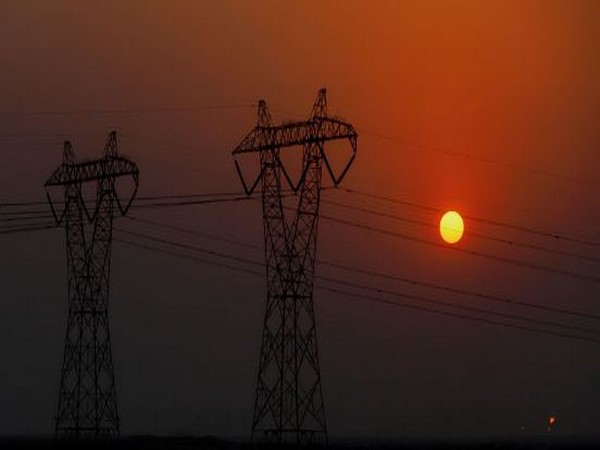Rawalpindi Endures Power Outages Amid Scorching Heat
Residents of Rawalpindi, Pakistan are facing power outages of 2-3 hours, exacerbating water shortages during hot weather. Officials cite repair work on overloaded transformers as the cause. Business activities and household routines are disrupted, raising concerns among local traders and officials.

- Country:
- Pakistan
Amid scorching heat in Rawalpindi, Pakistan, residents are grappling with power outages lasting two to three hours, compounding their misery. The outages are also causing water shortages, according to a report by Dawn. Dr. Amjad Khan, Chief Executive Officer of Islamabad Electric Supply Company (Iesco), stated that overloaded transformers necessitated repairs leading to the shutdown.
Khan explained, 'Overloaded transformers go out of order and repair takes time. To address the fault, Iesco switched off the main supply line of the area.' He added that in some areas, system upgrades required supply halts, and clarified that there is no load shedding in any part of the city and cantonment area, as per Dawn's report.
The outages have also disrupted water supply during the heatwave, affecting 320 tubewells including 260 in the city and 60 in the cantonment area. This disruption is impacting the schedule of tube wells and filtration plants, with authorities receiving numerous complaints about low water pressure.
Zafar Qadri, the Secretary General of the Rawalpindi Cantonment Traders Association, noted that despite no load-shedding, repair work by Iesco has caused frequent power cuts disrupting business operations, which require two hours to restart each time.
Qadri criticized the government's policies and taxes on utility bills, claiming they weaken purchasing power and harm business activities. Meanwhile, Sindh Energy Minister Syed Nasir Hussain Shah announced that load shedding in Karachi would be reduced by K-Electric, with efforts to minimize power cuts during peak and nighttime hours. An agreement was signed to construct a 40-megawatt power transmission line from Pipri Grid Station to NSCL at Port Qasim Authority.
(With inputs from agencies.)
ALSO READ
Assam Authorities Shift School Timings Amid Severe Heatwave
Assam Schools Close Amidst Sweltering Heatwave
Phoenix Endures Record-Breaking Heatwave: A Harsh Warning from Climate Change
Phoenix Endures Record-Breaking Heatwave: A Deadly Summer
Chris Hemsworth Talks About Indian Fandom and Transformers One










